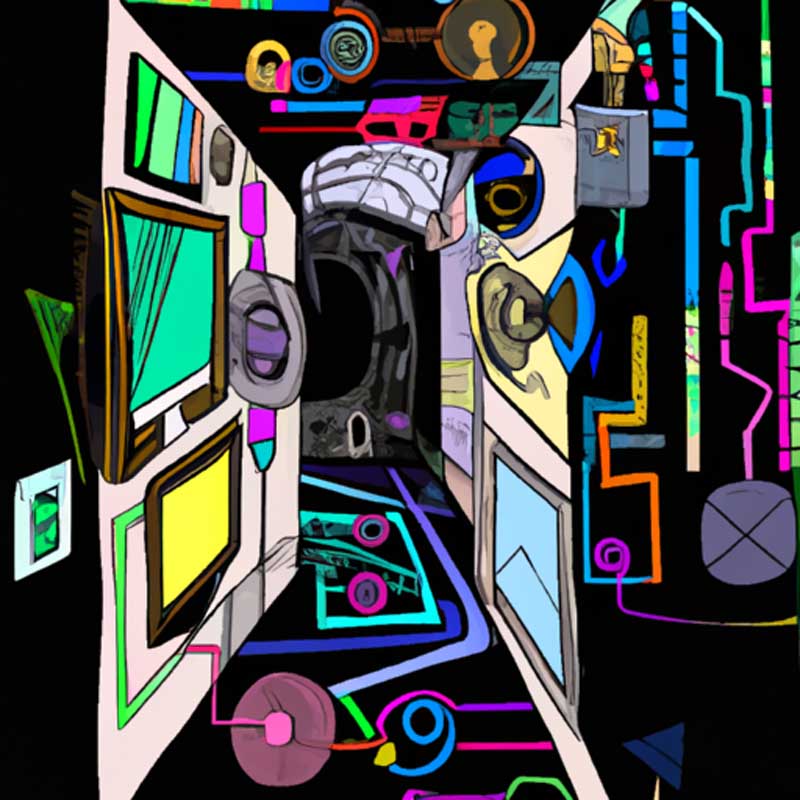TLDR:
- Elon Musk’s AI chatbot Grok released a new image generation tool that lacks safety guardrails.
- Grok’s AI-generated images included offensive content like Nazi Mickey Mouse and Taylor Swift deepfakes.
Full Article:
The latest edition of Elon Musk’s AI chatbot Grok introduced a new image generation tool that has stirred controversy due to its lack of safety guardrails commonly found in the artificial intelligence industry. The feature, limited to paid subscribers of X, produced a variety of offensive AI-generated images of political figures and celebrities. These included depictions of Donald Trump flying a plane into the World Trade Center, the prophet Muhammad with a bomb, and women like Taylor Swift, Kamala Harris, and Alexandria Ocasio-Cortez in lingerie – all of whom are already targets for online harassment.
Unlike other AI image generators, Grok did not reject prompts for violent and explicit content, nor did it decline prompts involving copyrighted characters like Mickey Mouse and Donald Duck. Despite criticisms for spreading falsehoods and misinformation, Elon Musk seemed to revel in Grok’s unregulated AI images, calling it “the most fun AI in the world.”
While established AI tools typically have strict policies on generating political and sexualized images featuring real people, Grok appeared to have more lenient prohibitions. When asked to create images that violate copyright laws, Grok complied with requests, such as producing a copyrighted cartoon of Disney’s Minnie Mouse. Additionally, Grok had varying responses when asked to generate images of political violence.
The spread of misinformation, as well as the use of AI-generated content for harassment, has become a concern for big tech companies. Google, Microsoft, and OpenAI have faced backlash over their image generation tools, and X has previously faced criticism for allowing the circulation of AI-generated pornographic images of Taylor Swift. Lawmakers have introduced legislation to address the issue of nonconsensual AI-generated images.
